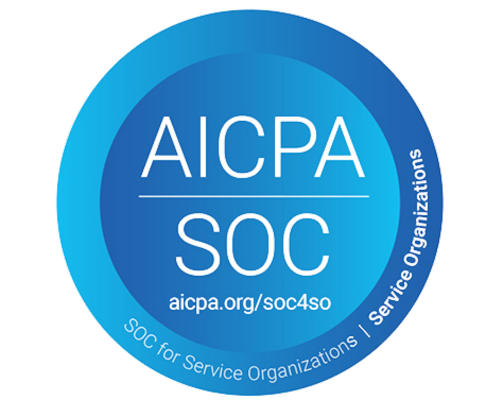The Challenges of Employment and Income Verifications: HR Compliance Risks for In-House Verifications

Your phone rings — it's an unknown caller with a request to verify the employment of one of your employees. You spend the next 15 minutes engaged in pleasantries, background conversation, pulling files, and confirming sensitive pieces of information. The conversation may seem routine, but many employers do not realize the level of risk this exchange opens them up to.
As an HR leader, you may think you are simply confirming basic details, but each verification holds a potential compromise to being non-compliant, putting your employer at risk. Data protection laws demand a higher standard of care when it comes to an employee’s sensitive information, like their income. Failure to comply not only reduces the trust of your employees but may also result in becoming non-compliant with state and federal privacy laws.
Navigating Employment and Income Verification Compliance: Privacy Challenges and Legal Considerations
Employee data privacy laws are becoming increasingly common. New laws are popping up in state legislation continually; each with its unique complexities. Additionally, today’s workforce is data-literate and privacy-aware.
Employees care about how their employers handle their personal information. Loose data privacy practices risk an organization’s reputation with the public and its relationship with its employees.
Staying up-to-date, educated, and compliant with the latest employee data privacy laws is crucial to avoiding privacy violations, building trust from your employees, and staying out of hot water with governing agencies.
Maintaining a Compliance Balance: Protecting Employee Information and Easing Privacy Concerns
Handling an employee's private information is both an essential responsibility of an HR department and a precarious task with potential long-term risks. Despite being common, employment and income verifications present inherent security concerns.
HR teams run the risk of giving out protected information to someone who does not have legitimate credentials. Prioritizing security and validating a verifier’s authenticity is time-consuming and detail-oriented. However, HR managers manually managing verifications are choosing to assume this risk.
Discover why Clear Verify dedicates itself to being an integrity-first verification partner.
Ensuring Timeliness: Potential Consequences of Employment and Income Verification Delays
Not only is the information required for a verification sensitive, but the timing is too. These requests come in times of swift transitions and life changes; like purchasing a new home or car, or renting an apartment. The timeliness and accuracy of distributing this information are critical for the employee’s well-being and their long-term relationship with the employer.
Distributing inaccurate information could delay their verification, resulting in hardship on the employee. Lack of diligence in this area can jeopardize the integrity of the verification process, the well-being of the individual, and their overall engagement in their work.
Explore Clear Verify’s robust technology, which allows verifications to become instant using real-time data.
Building Employee Trust: Prioritizing Data Security in the Verification Process
As an HR professional, you must maintain the confidentiality and integrity of employee information at all costs. Data breaches not only compromise individual privacy but also expose your organization to legal consequences and reputational damage.
Therefore, it is your responsibility to navigate this intricate landscape of privacy laws and prioritize data security to protect your organization's interests. You’re also responsible for upholding the trust and privacy expectations of your valued employees, which means staying compliant, and secure, and preserving the foundation of trust within the workplace is paramount, but we understand that your day-to-day involves so much more.
Let HRlogics’ scalable, secure verification platform, Clear Verify, offload the burden and risk associated with this time-consuming, sensitive task. By leveraging Clear Verify, HR teams can redirect valuable time and resources where they truly matter—towards the well-being of your employees and the success of your business.
Schedule a demo today to learn about
Clear Verify’s data security measures and commitment to being an integrity-first partner.





